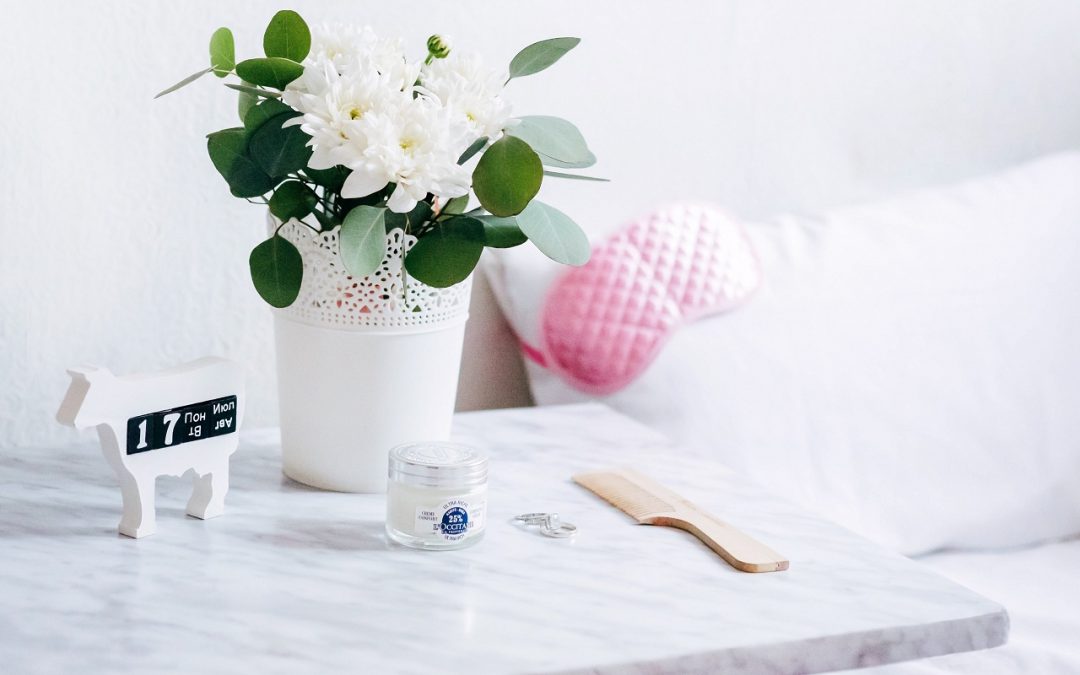We all lead busy home and working lives but it’s important not to underestimate the importance of rest. A good night’s sleep can be the difference between feeling fabulous or frazzled.
While for many of us it’s lights out as soon as our head hits the pillow, for others travelling to the land of nod can be more of a struggle. Therefore, here are 6 of my top tips for getting a better night’s rest.
1. Make Your Bedroom a Place of Calm
When you go to bed at night, you need to ensure your bedroom is a place where you can relax. Therefore, keeping it tidy and uncluttered is key. It’s especially important not to leave paperwork lying around which might make you think about work or other stresses.
2. Steer Clear of Technology
The bedroom also isn’t the place for tech. In the lead up to bedtime spend as little time as possible on laptops, tablets and mobiles, as the light from the screens only serves to overstimulate our brains and keep us awake. In addition, leave your mobile phone in another room overnight as you don’t want to be checking emails the second you wake up. Going online first thing is definitely not a stress free way to ease into the day.
3. Know Your Bedtime
If you really struggle to get to sleep it’s important to keep a consistent bedtime and getting-up time. While it’s tempting to sleep in at the weekend, you may then struggle to get to sleep again when Sunday night rolls around, leaving you tired for the start of the week. Your body clock needs consistency so that it knows when to rest, otherwise you can quickly get out of sync and find getting to sleep a problem.
4. Introduce Some Lavender
Lavender essential oil can help to ease insomnia. In research, subjects exposed to lavender essential oil at bedtime slept better and had more of the essential slow-wave sleep. Add a few drops to a diffuser in your bedroom for a relaxed night’s sleep.
5. Wind Down to Sleep
It’s better not to try to go from wide awake to straight to sleep. Instead create a bedtime ritual so your body knows it is winding down to sleep. This could be a warm, relaxing bath; a milky drink, milk contains the amino acid tryptophan which boosts the sleep-inducing hormone melatonin; or read a couple of chapters of a novel. This is the time to switch off, not be churning the day’s events over in your mind or worrying about the following day.
6. Lower Your Stress Levels
If you have high levels of stress in your life, this won’t be conducive to getting a good night’s sleep. Therefore, it’s important to try to lower your stress levels more generally. Exercise is a great stress-reliever and practising meditation and mindfulness can help bring you back to the moment, ensuring your brain doesn’t fill with worries when bedtime arrives.

